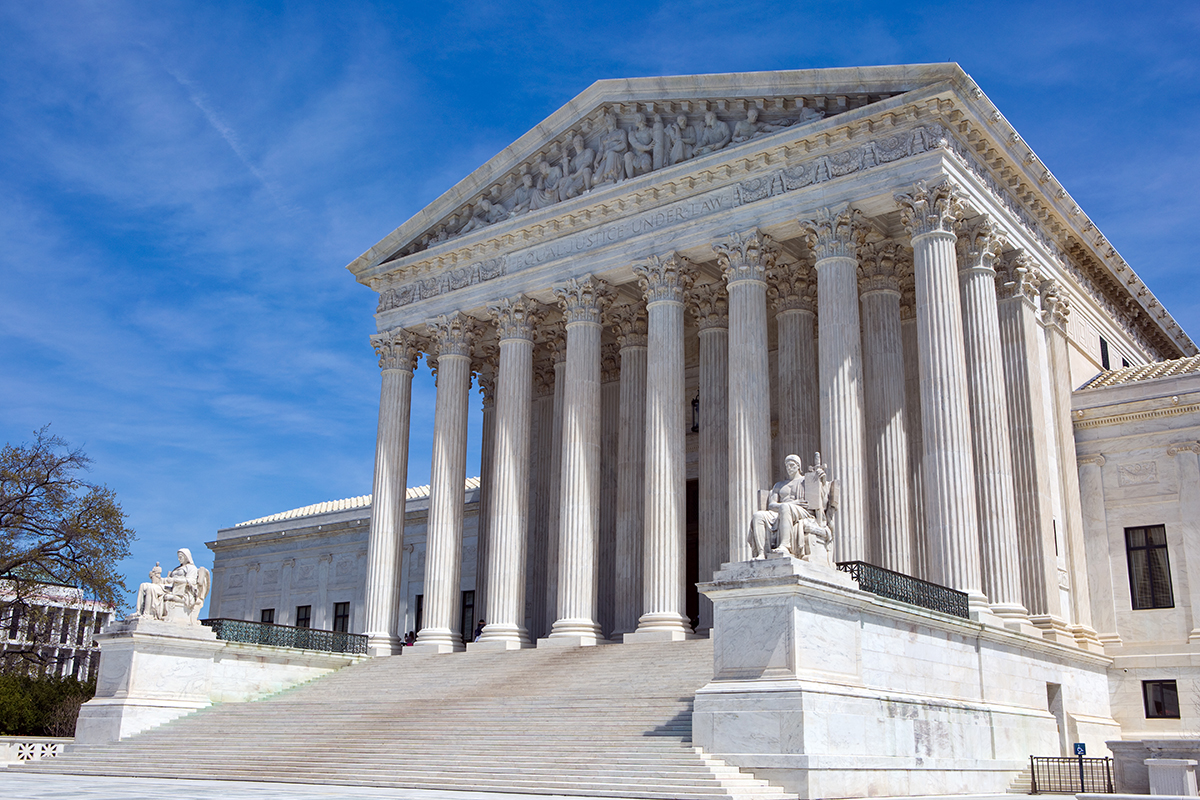The Supreme Court ruled in favour of Joseph Percoco, a former assistant to ex-New York Governor Andrew Cuomo, in his contention that a federal anti-bribery law was improperly utilized to secure his conviction. This verdict aligns with the court’s recent inclination towards constraining the government’s ability to prosecute under specific public corruption laws.
In a separate ruling on the same day, the Supreme Court also decided in favour of Louis Ciminelli, a notable Buffalo developer who secured a $750 million city improvement project initiated by Cuomo. Ciminelli was previously convicted for manipulating the bidding process and committing property fraud. However, the Supreme Court overturned a lower court ruling against him based on a legal theory that the government dismissed.
These unanimous decisions reinforce the court’s increasing reticence towards broad interpretations of federal corruption and anti-bribery laws, and aggressive prosecutions of white-collar crimes by federal prosecutors, according to Steve Vladeck, CNN Supreme Court analyst and University of Texas School of Law professor.
Recently, the scope of the law has been reduced in high-profile cases such as those involving Jeff Skilling, ex-CEO of Enron, and former Virginia Governor Robert F. McDonnell.
In Percoco’s case, the “honest services” wire fraud statutes, which criminalize public employees’ defrauding of the government, were under examination.
In 2014, Percoco took a brief hiatus from Cuomo’s senior aide position to help with campaign management while remaining in his office on state business.
The government argued that even though Percoco was engaged in the campaign, his continued access to his offices and conducting of state business made him susceptible to fraud charges. These charges were based on his acceptance of $35,000 from a real estate developer to influence a state agency on labour law issues.
However, his lawyer argued that private citizens without governmental or elected roles do not fall under this law as they don’t owe a fiduciary duty to the public. The Supreme Court agreed, ruling that the instructions given to the jury were too ambiguous and imprecise. As a result, the case has been remanded back to the lower court and may result in a reversal of Percoco’s conviction.
Ciminelli was charged with wire fraud under a federal statute in the second case concerning the Buffalo development project. However, the Supreme Court rejected the “right-to-control” theory used in the lower court’s conviction, as the government had abandoned it in favour of a “fraudulent inducement” theory. The court ruled that the wire fraud statute only pertains to “traditional property interests” and not the “right to valuable economic information.” As a result, Ciminelli’s conviction may also be reversed.
The Supreme Court’s rulings in these cases could have broad implications for future corruption and fraud prosecutions. As Steve Vladeck noted, these decisions further emphasize the court’s stance against broad interpretations of federal corruption and anti-bribery laws.
It’s important to note that while these rulings are significant, they do not absolve Percoco or Ciminelli of all charges. Percoco, for instance, has other convictions that the Supreme Court did not consider in this case. The specific consideration was solely about applying the “honest services” law.
Similarly, Ciminelli’s case revolved around applying a specific theory of law – the “right-to-control” theory – that the government had previously used but subsequently abandoned. The Supreme Court’s ruling does not overturn the entire conviction but rather the application of that theory to his case.
These two cases illustrate a more significant trend in the Supreme Court’s approach to white-collar crime. There have been fewer convictions in public corruption cases over the past few years as courts have limited the scope of laws that prosecute such crimes. This change in direction could significantly impact how future cases of public corruption and white-collar crime are prosecuted and adjudicated.
However, the potential for this trend to continue largely depends on how Congress responds. As Vladeck pointed out, Congress could clarify the reach of these statutes, which could either expand or limit the government’s ability to prosecute under these laws. The ball is now effectively in Congress’s court to respond to these recent Supreme Court decisions.
Moving forward, these cases and the Supreme Court’s decisions will likely continue to shape the landscape of public corruption and fraud prosecutions. As such, they will be closely watched by legal scholars, government officials, and the public alike.







